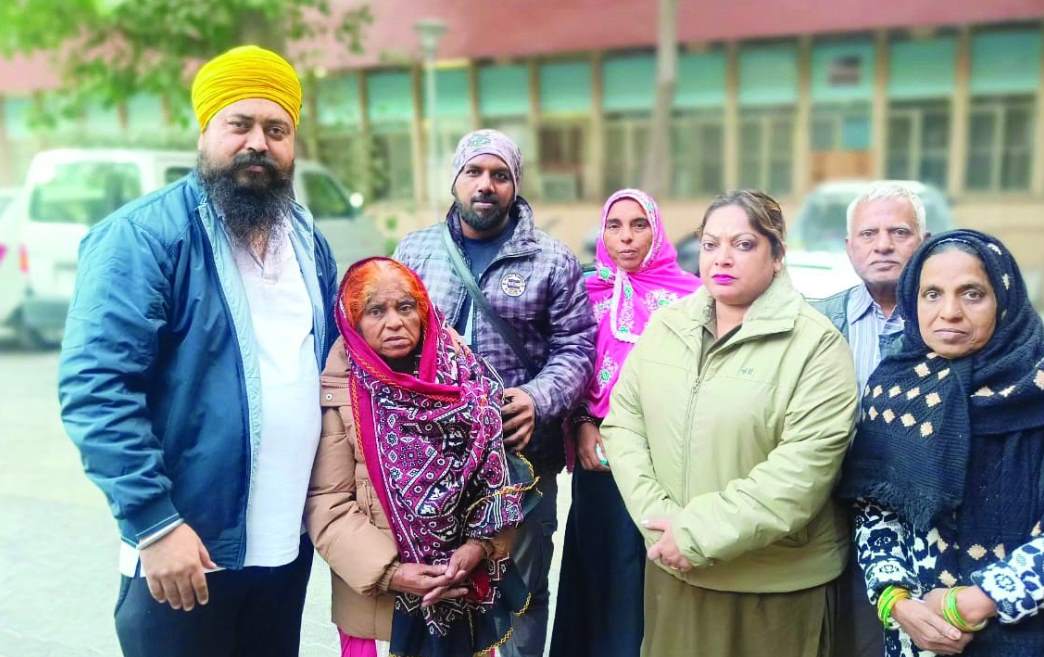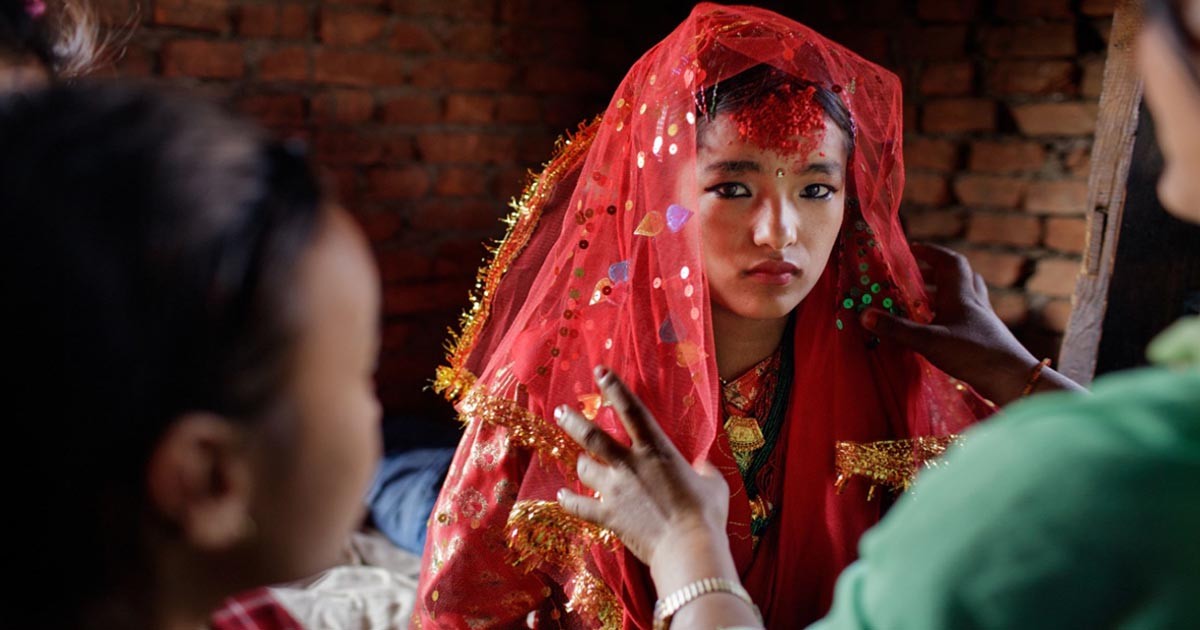Hamida Bano’s journey began in 2002 when a trusted recruitment agent promised her a well-paying job as a cook in Dubai. A widowed mother of four from Mumbai, Bano had worked across the Gulf states, including Doha, Dubai, and Saudi Arabia, without issue. Driven by the responsibility to support her children after her husband’s death, she accepted the offer with hope and determination. But instead of reaching Dubai, she was trafficked to Hyderabad, Sindh, in Pakistan—a country alien to her.
What followed was nothing short of a nightmare. The deception orchestrated by a human trafficking network tore Bano from her home and thrust her into confinement. For three months, she was imprisoned in Hyderabad, robbed of her agency and her voice. Finally, she seized an opportunity to escape through a window and fled to Karachi, where her struggles continued for over two decades.
Abandonment and Survival in Pakistan
In Karachi, far from her homeland, Bano was alone. Forced to rebuild her life with no hope of returning to India, she married a Pakistani man. While her second husband provided a semblance of stability, his death during the Covid-19 pandemic once again plunged her into uncertainty. Living under the roof of her stepson, her identity and dignity were reduced to shadows of her former self.
Her tale reflects the broken systems of both nations—where vulnerable individuals are left at the mercy of traffickers, their voices silenced and their pain overlooked. It wasn’t until 2022, 20 years after her ordeal began, that her story found light.
The Role of Technology and A Humanitarian Effort
The turning point in Hamida Bano’s tragic tale came through Waliullah Maroof, a Pakistani YouTuber and local cleric, who stumbled upon her story. Maroof, unlike the indifferent bureaucracies, became an unexpected savior. His video chronicling Bano’s ordeal brought her plight to public attention and enabled her to reconnect with her children after decades. Through the power of social media, a mother’s voice, long silenced, finally reached across borders.
In a touching moment facilitated by Maroof, Bano spoke to her daughter Yasmeen over a video call—an emotional exchange that ignited hope of an eventual reunion. Maroof’s subsequent efforts, coupled with intervention from Indian diplomatic authorities, made her return possible. The Indian embassy verified her nationality and facilitated her travel via the Wagah Border, ensuring her long-awaited journey home.
A Homecoming Marked by Pain and Resilience
On December 16, Hamida Bano crossed the Wagah Border, stepping onto Indian soil after 22 years of forced separation. Accompanied by foreign ministry officials and granted the protocol of a VIP, her homecoming was an emotional culmination of years of suffering. Bano expressed her overwhelming joy at reuniting with her children, sister, and other family members—people she feared she would never see again.
“I had lost hope of ever returning home,” Bano said, her voice trembling with relief and gratitude. “I am lucky to see this day.”
But her return was not devoid of reminders of lingering injustice. Bano appealed to both the Pakistani and Indian governments to help her friend Shehnaz, who had been trafficked alongside her and whose fate remains unknown. Her plea exposed the stark reality that her case is not isolated—there are countless others ensnared by the same brutal networks of exploitation.
Read More: International Powers Scramble to Engage with Syria
Systemic Gaps and Political Apathy
Hamida Bano’s story underscores systemic failures on both sides of the border. Traffickers continue to exploit poverty, desperation, and gender vulnerability with impunity, thriving under the lax enforcement of laws. Governments that claim to prioritize the welfare of their citizens often turn a blind eye to the plight of trafficked women, allowing years to pass before any intervention occurs.
Hamida Bano’s triumphant return is a beacon of hope but also a stark reminder of the battles that remain. Her story is not simply one of survival; it is a political indictment of governments that fail to protect the most vulnerable. It demands accountability—justice for the trafficked, punishment for the perpetrators, and systemic reforms to prevent such tragedies.
Her emotional plea for her missing friend Shehnaz cannot be ignored. Both India and Pakistan must rise above their political differences to address the human cost of trafficking, to rescue those still in captivity, and to dismantle the networks that enable such crimes.
A Lesson from Pain and Hope
Hamida Bano’s return to India is a bittersweet victory. It symbolizes resilience in the face of abandonment, hope amid despair, and the power of human connection to overcome borders. But it also reveals the cruel indifference of states to the suffering of individuals caught in political and systemic webs.
Her story should serve as a wake-up call for policymakers and as a rallying cry for activists. Hamida Bano’s journey home is complete, but the fight for justice—for her, for Shehnaz, and for countless others—has only just begun.













